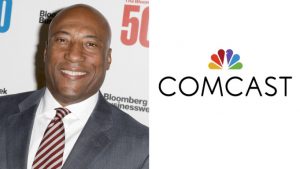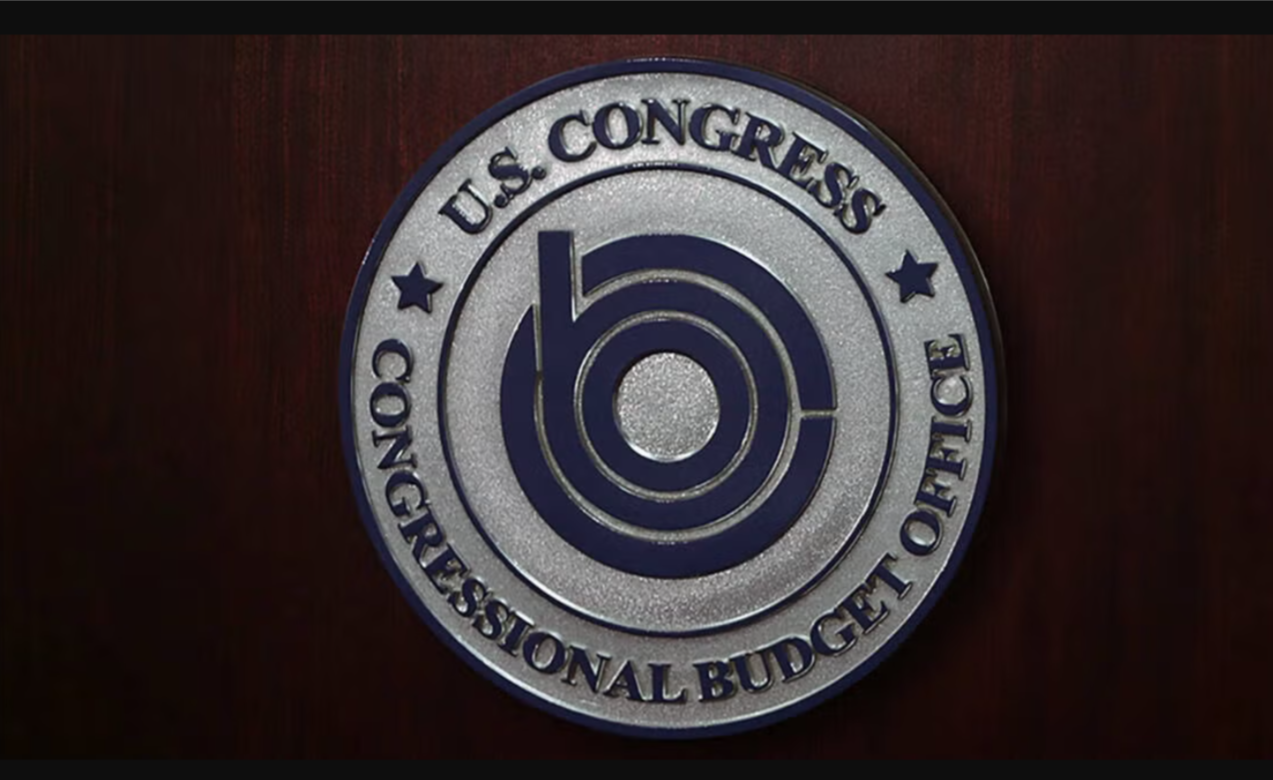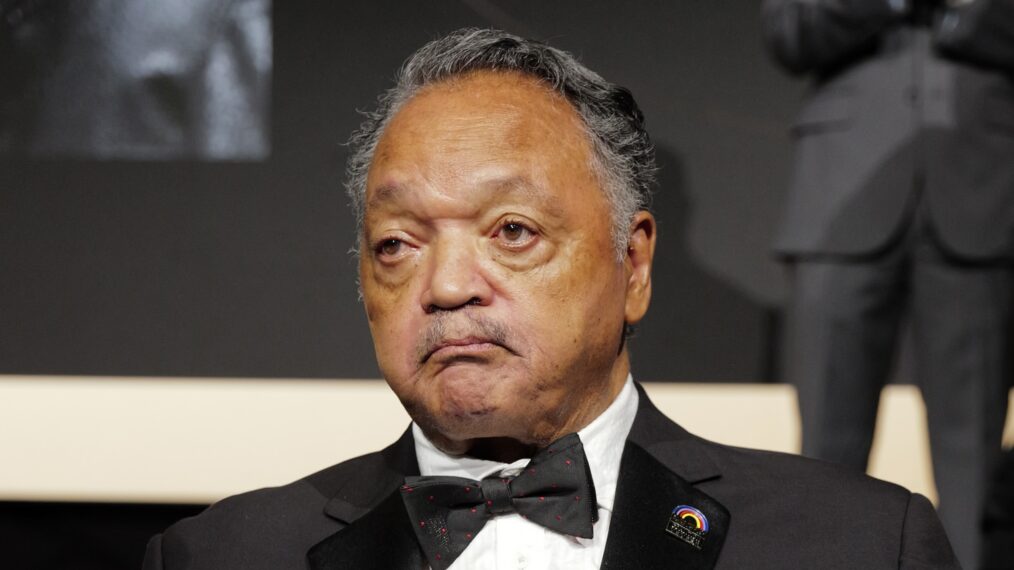(ThyBlackMan.com) Television mogul and former comedian Byron Allen’s has filed a $20 billion lawsuit against Comcast Communications, one of America’s biggest cable providers, with the U.S. Supreme Court. Entertainment Studios Network Inc. (ESN) owned by Allen, accuses Comcast of violating a part of the reconstruction era Civil Rights Act of 1866 that makes it illegal for a business to discriminate based on race when making business contracts. The federal law prohibits discrimination on the basis of race, and/or ethnicity, and grants all individual the same rights and benefits as enjoyed by white citizens regarding contractual relationships. Also, according to the act, it does not require an individual to exhaust administrative remedies by filing a charge before any government agency waiting for that charge to be adjudicated or released before proceeding to court. The civil rights act only applies to companies with over 15 workers.
Allen case does not involve a small business. However, Section 1981 of The Civil Rights Act of 1964 added a Title VII provision that makes it applicable to a business of any size. At the heart of the case, Allen alleges that Comcast refuses to carry his channels because they are Black owned. Allen is tasked with proving that his race was the driving factor in Comcast’s decision not to carry his channels and that race was a  motivating factor. Comcast is only required to convince the court that race was only a contributing, or “but for” factor in their decision not to work with ESN. Simply put, a “but for” or “sine qua non” is used to help determine the proximate cause of an injury, etc. and to consider whether the injury would not have occurred but for the defendant’s negligent act. Roe Vann, managing partner at employment law firm NT Lakis and the author of amicus brief for Comcast argues, “We in no way shape or form mean to suggest that a little bit of discrimination is okay.”
motivating factor. Comcast is only required to convince the court that race was only a contributing, or “but for” factor in their decision not to work with ESN. Simply put, a “but for” or “sine qua non” is used to help determine the proximate cause of an injury, etc. and to consider whether the injury would not have occurred but for the defendant’s negligent act. Roe Vann, managing partner at employment law firm NT Lakis and the author of amicus brief for Comcast argues, “We in no way shape or form mean to suggest that a little bit of discrimination is okay.”
ESN has several lifestyle channels, and in 2009 Allen launched eight 24 hour High Definition networks simultaneously including: Automotive TV, Cars TV, Comedy TV, ESTV, Justice Central, My Destination TV, Pets TV and Recipe TV. Some of his more popular programming include: America’s Court with Judge Ross, We the People with Gloria Allred, Comedy Unleashed, Beautiful Homes & Great Real Estate, and the Young Icons. Allen accuses the Comcast of giving him the run around. Comcast claims that it lacks sufficient bandwidth to carry Allen’s HD programming. However, ESN claims since 2010 the cable provider has launched 80 new networks including lesser-known, white –owned channels. Consequently Comcast carries only one completely Black owned-channel, The Africa Channel. If the courts rules in Allen’s favor, he will be able to pursue his case against Comcast and, in theory, possibly awarded billions of dollars in damages. But, this case appears to be more than the sum of its parts.
Derrick Johnson, with Fortune magazine, states that the lawsuit is of great importance, because Comcast, which is the number 32 Fortune 500 companies, “is in a position to roll back crucial protections of the 153 year old civil rights law in an unprecedented step. The outcome could prove perilous for Black owned businesses, as well as those of other so-called minority owned businesses. Should Comcast win, “[it] could reshape modern laws around racial discrimination.” Deborah Widiss, a law professor at Indiana University, adds, “It’s a really important law in terms of making sure employers shouldn’t discriminate based on race.”
At one point, a Comcast executive even explained why it was refusing to work with Allen. In an amicus brief provided by ESN, Comcast argued that they were not trying to create any more Bob Johnsons. Robert (Bob) Johnson was the founder/owner of Black Entertainment Network (BET.) Whatismore, Johnson sold BET to Viacom (a Comcast competitor) and ESN, making Allen a co-owner of the pioneering network. This could also be a case of sour grapes on behalf of Comcast, in my view. If the aforementioned statement by the Comcast executive is true, it could be perceived as a clear indication that Comcast is indeed participating in retaliatory and discriminatory acts again ESN. This is why Section 1981 of the Civil Rights Act becomes very important to Allen’s case.
Allen argues that his suit is essential for the protection of African Americans, and other minority owned businesses. The lawsuit seeks to protect economic opportunities for all Americans. “I’m not a woman so I can’t sue on behalf of women. I can’t sue on behalf of Hispanic people. I can’t sue on behalf of gay people. If I could, I would.” The outcome is yet too been seen and have far reaching implications. Unfortunately, the case may be an uphill battle, because of the Supreme Court conservative majority.
Staff Writer; Gustavus Betts
One may connect with this brother on Facebook; G. Betts and Twitter; Gustavusb.
















Leave a Reply